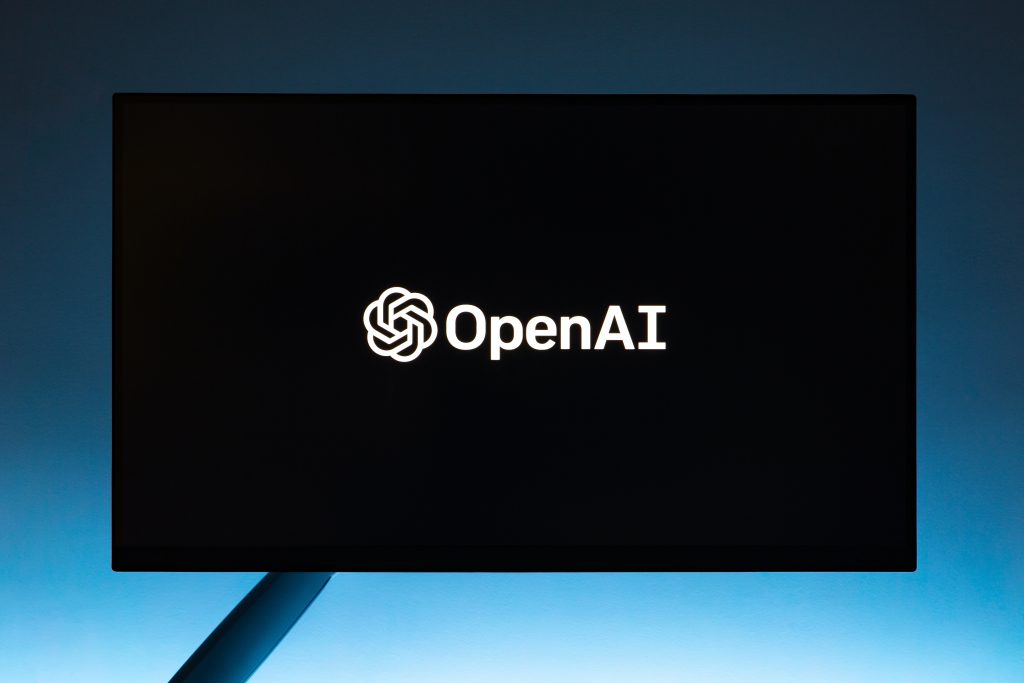Geopolitics, AI Regulation, Inconsistencies, and Constitutionality

On Friday, March 31st, the Italian Data Protection Authority (Garante della Privacy) announced the temporary restriction of Italian users’ data processing by OpenAI, resulting in the blocking of Chat GPT access for Italian users later that evening. Many people in Italy woke up on April 1st to find Chat GPT not working and, given the date, mistakenly assumed it was an elaborate April Fool’s Day prank. The situation is more complex than that. Here are some key insights:
- Geopolitical implications: The EU is working on comprehensive AI regulation, including the Artificial Intelligence Act, which aims to create a legal framework for AI in Europe. However, Europe and the US have been slow to regulate AI. There is a deeper reason for that, as I mentioned in this LinkedIn post, EU and US regulations will not deter China and Russia, who could use AI advancements as a competitive advantage. The ongoing US-China tech rivalry and concerns over AI’s potential dual-use capabilities for military and civilian purposes may influence global AI regulation. So why US and EU should slow down to allow the competitors to gain advantage? This Politico article provides an interesting perspective on the issue.
- Post-Brexit European dynamics: With Germany and France as the main European powers, Italy aims to assert itself as the third power, influencing the balance when Germany and France disagree.
- Italy’s move to restrict OpenAI could be an attempt to establish itself as a key player in European and global political chessboard, aiming to be seen as a precursor to broader EU regulations, potentially influencing the direction of the upcoming policies and to project soft power in the technology domain, showcasing its ability to take decisive action and influence the global AI landscape.
- Timing is always a factor, Elon Musk earlier last week asked to stop AI development to regulate it. Elon Musk, one of the original founders of OpenAI, left the organization in 2018. Microsoft has since invested $10 billion in OpenAI, and while not the direct owner, its influence is significant. This may be a factor in Musk’s call to stop AI research, as I discussed in this LinkedIn post.
- Another relevant point is that no other Data Protection Authority took action, which led to complaints considering that the GDPR has a broader scope than just Italy. The event highlights the importance of international collaboration in Data Protection and AI regulation to avoid fragmentation and inconsistencies. Establishing global norms and standards for AI technologies can foster responsible development and deployment across countries
- The block is akin to block the wind with the hands, users can still access Chat GPT via VPNs, (such as NordVPN, which currently offers a 40% discount on their plans), as I mentioned in this LinkedIn post, or with alternative access means: Bing allows access to Chat GPT, and Microsoft manages GDPR requirements properly. Additionally, some creative minds have developed PizzaGPT, using the original APIs of Chat GPT.
- One of the Garante’s concerns was the protection of minors. However, it is unclear why the same level of scrutiny is not applied to platforms like TikTok and WhatsApp.
- Another point to consider is the potential violation of the ‘right of information,’ as stated in Article 21 of the Italian Constitution. By blocking Chat GPT, the Garante could be infringing upon this fundamental right, as it restricts citizens’ access to a tool that can provide valuable information and insights. It raises the question of whether the Garante’s decision may be overstepping its mandate and interfering with citizens’ constitutional rights.
In conclusion, the situation surrounding Chat GPT in Italy is multifaceted, involving geopolitical dynamics, European power struggles, and questions around the consistency of data protection measures. It’s crucial to consider all these factors when examining this event and its implications for Data Protection and AI regulation and international relations.
thanks for providing this scenario! warm regards Federica